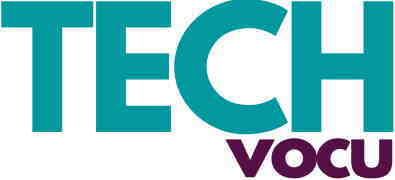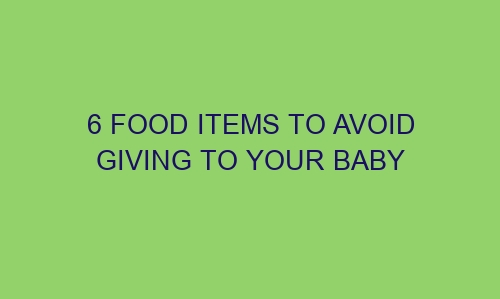Over the past couple of years, we’ve noticed more and more parents coming into our store with their children in tow, holding a shopping cart full of what seem to be innocent-looking products. But when we take a closer look at some of the items they’re placing in their carts, it’s easy to see that they are uninformed about what they should and shouldn’t buy for their baby. For healthy nutrition, you can find some great snacks for babies on organicsbestshop.com.
This is why we put together this list of six food items you should never give your baby because it may contain allergens that can be dangerous for your baby.
- Canned food
Canned food, depending on the type and manufacturer, may actually be better than fresh or frozen food. But if you’re feeding your baby canned tomatoes or fruits like peaches, pears, plums or pineapple for example, be careful that the can doesn’t contain BPA (a chemical used to make plastic products), which can leach into your baby’s food. This chemical is found in many canned items.
- Cow’s milk
Cow’s milk has too much protein and not enough fluid for infants to digest effectively. It also can cause a host of digestive issues including allergies in many babies. Introducing dairy products too early also has been linked to developing autoimmune diseases like diabetes Type 1 later in life.
- Soy milk
Soy milk, like cow’s milk, is not recommended as it has too much protein, not enough fluid and may also cause digestive issues in many infants. Many babies may be allergic to soy as well and soy milk has been linked to early puberty in girls and breast cancer in women.
- Canned fish (like tuna)
Tuna is a great source of protein but the can doesn’t contain much water so it’s really only good for the baby’s parents if they know how to open a can without splashing themselves with germs and bacteria that grow when you expose the food item to air without refrigeration. Some cans, especially for tuna, also contain BPA.
- Packaged snacks and treats
Most packaged snacks and treats are loaded with sugar and fat which can lead to weight gain in the baby that may not be appropriate for a child still growing and developing.
- Peanut products, including cake mixes and candy bars (containing peanut butter)
Peanuts are very prevalent in some foods nowadays, but they are highly allergenic as well as packed with fat and sugar so parents should be aware of what their babies may have eaten before serving them a high-fat or high-sugar snack or treat.
Conclusion
Allergies have become a normal part of life. They can start from very early in a child’s life, with symptoms like itching and red, itchy eyes or possibly vomiting. Antihistamines or anti-inflammatories may be given if needed but are not by any means the only options for treating allergies. As it turns out, babies can’t just “outgrow” their allergies and they can develop more sensitivities as they grow up. So parents need to pay attention to how their children react to certain foods and make some adjustments when it comes to what they feed them at different ages.

